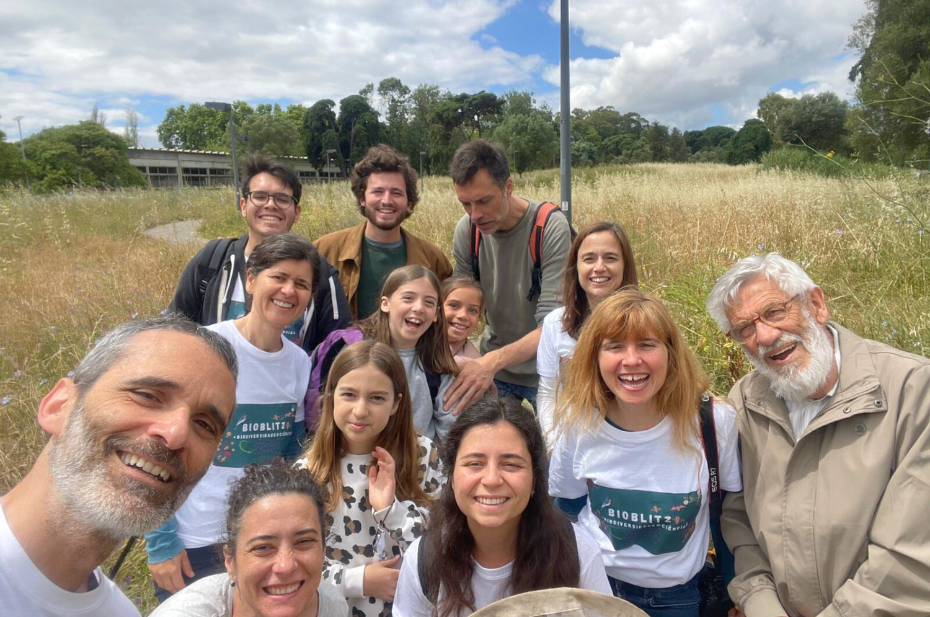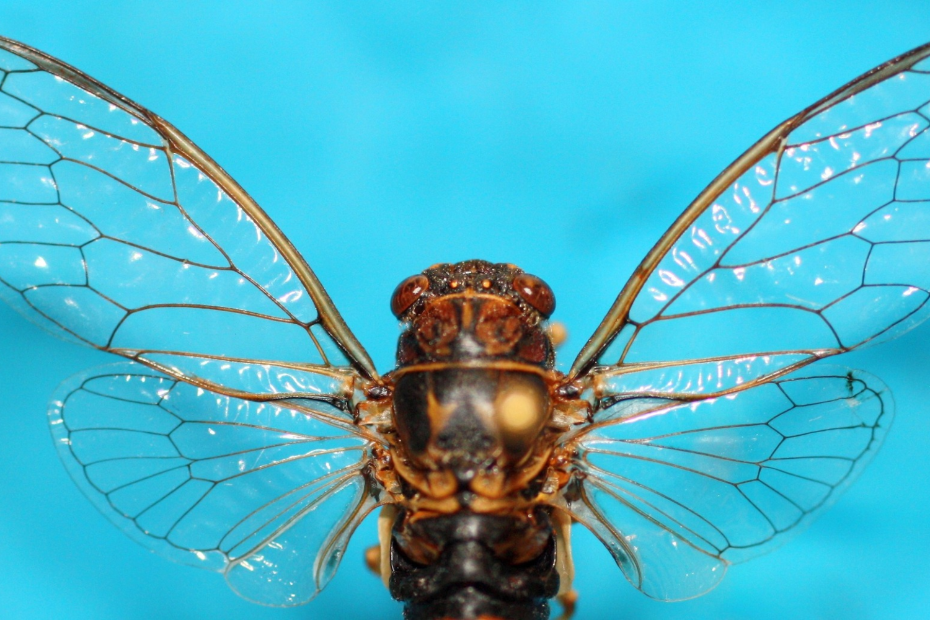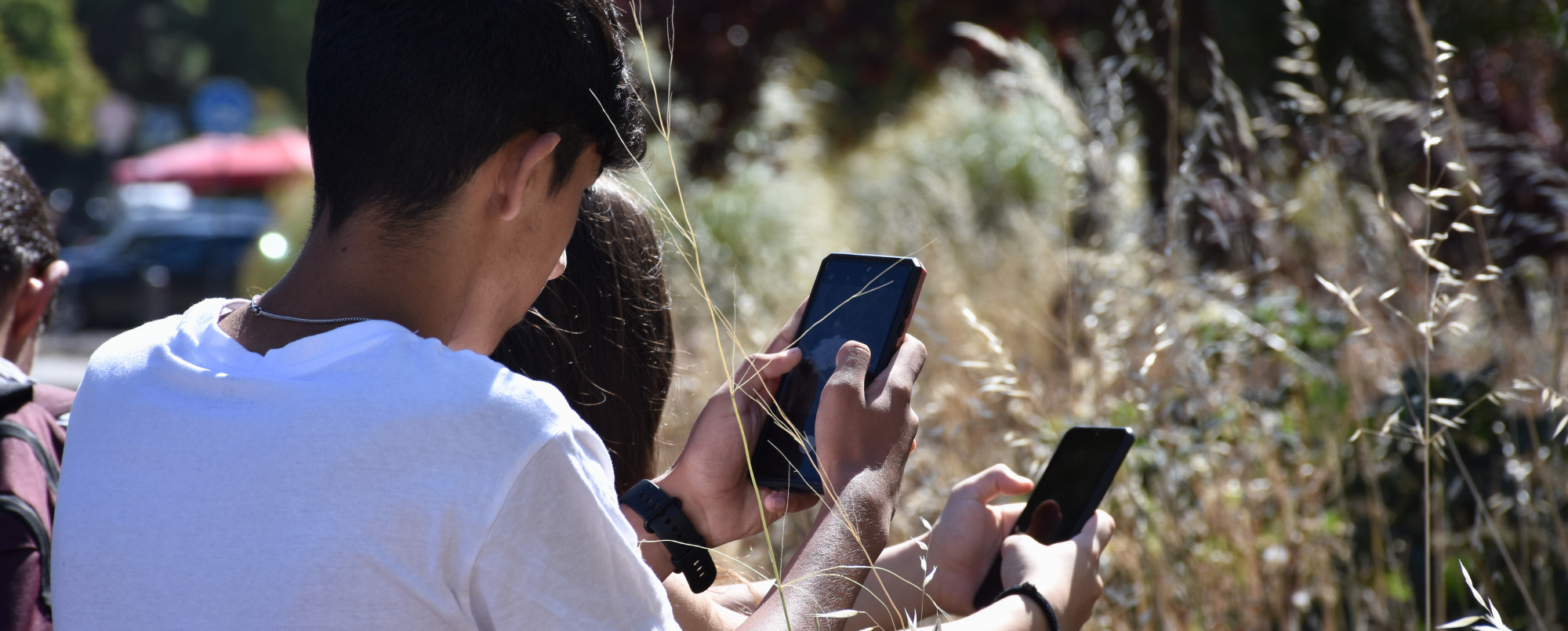Citizen science, meaning public participation and collaboration in scientific research to increase scientific knowledge, has been emerging in recent years and involving more and more groups of citizens from amateur naturalists, retirees, educators and students or online gamers.
Some scientific questions can only be addressed with the involvement of a huge number of data collectors and analysers. The effort of such work based on professionals hampers the feasibility of some experiments. Consequently, involving volunteer citizens in monitoring and research programs (so called citizen science projects) is a growing activity in many countries and is expanding to new scientific areas. Citizen Science can present itself as an innovative approach to data gathering and experimental design, as well as an educational and outreach tool.
According to the degree of citizen involvement, citizen science projects can be contributory, collaborative and co-creation type. The greater the involvement of citizens the less top-down and more bottom-up the projects become, making everyone collaborate towards a common goal.
CE3C is aware of the importance that citizen science is beginning to have in the scientific world, has been supporting citizen science projects developed in different domains:

+Biodiversidade@CIÊNCIAS
In 2019 the Faculty of Sciences of the University of Lisbon (FCUL) created the Ideas for Sustainability Contest with the aim of identifying and promoting initiatives that can contribute to sustainability, in the environmental, social and economic aspects within FCUL campus and/or in its interaction with the city of Lisbon. Projects “FCUL+Verde: promoting and valuing flora in Ciências" and "BioCommunity: together we discover biodiversity in Ciências”, which include several members of CE3C.
The combination of both projects resulted in a new project, named +Biodiversity@CIÊNCIAS, which is currently being implemented and aims to enhance sustainability in the Faculty of Sciences campus and it assumes biodiversity as the pillar sustaining ecosystems and their services and, consequently, human well-being.
Mobilising the community to promote sustainability on campus, an article CE3C researchers Patrícia Tiago and Sergio Chozas.
More information
Cigarras de Portugal
This project collects photos and audio recordings of cicada songs in Portugal to update distribution maps and monitor populations in order to flag up species with conservation concerns. The project is promoted by CE3C's team of researchers specialising in cicadas.
Thirteen species are listed in mainland Portugal, while this group is absent from the Azores and Madeira archipelagos. Cicadas have an annual activity period between May and October, depending on the species, and are detectable by their song. Although cicadas are sometimes quite difficult to see due to their ability to camouflage themselves in vegetation, the song is specific to each species and recording it is sufficient to record the occurrence of the species. Singing occurs during the day, usually between 10am and 6pm, in bushes or trees on warm, sunny days.
Project at Biodiversity4All Platform
